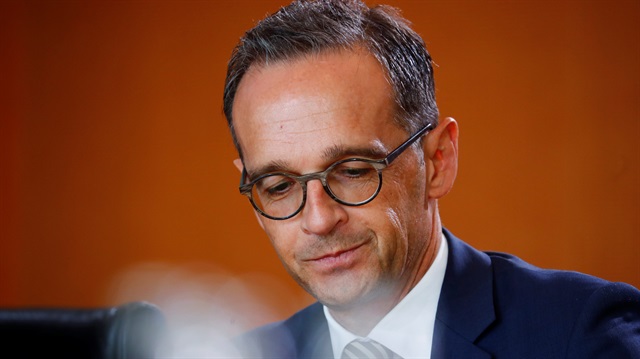
The European Union wants to see a stable economic development in Turkey, Germany’s foreign minister said on Tuesday.
Speaking to German business representatives and ambassadors at the Foreign Ministry, Heiko Maas criticized U.S. President Donald Trump’s sanctions and his economic pressure policy towards Turkey.
“Of course we Europeans have a great interest in a stable economic development in Turkey,” he stressed.
Maas said he will visit Turkey next week to meet Turkish government officials and discuss recent economic developments.
The German foreign minister is scheduled to pay a two-day visit to Turkey on Sept. 5-6, ahead of Turkish President Recep Tayyip Erdogan’s key visit to Berlin on Sept. 28-29.
Over the past two years political relations between Ankara and Berlin have suffered setbacks, but in recent months both sides have taken steps towards improving ties.
Germany is Turkey’s main economic and trade partner. More than 7,500 German companies are active in Turkey. In 2017, the bilateral trade volume reached €37.6 billion ($43.6 billion).




















